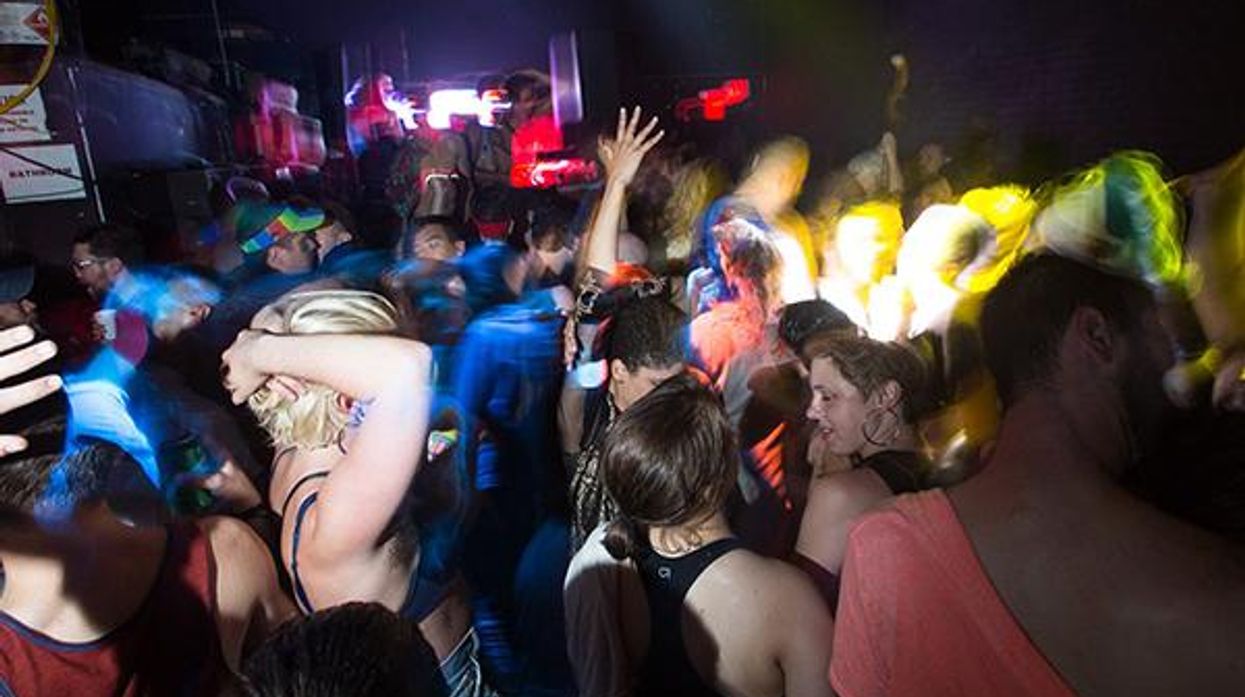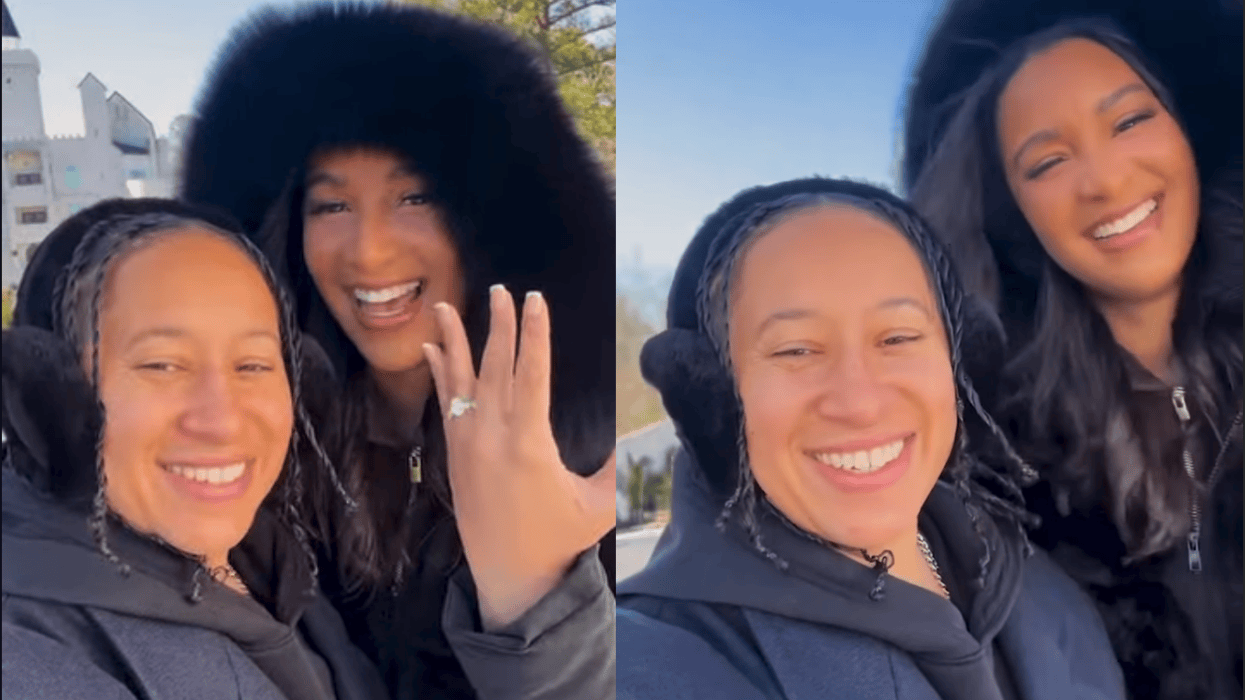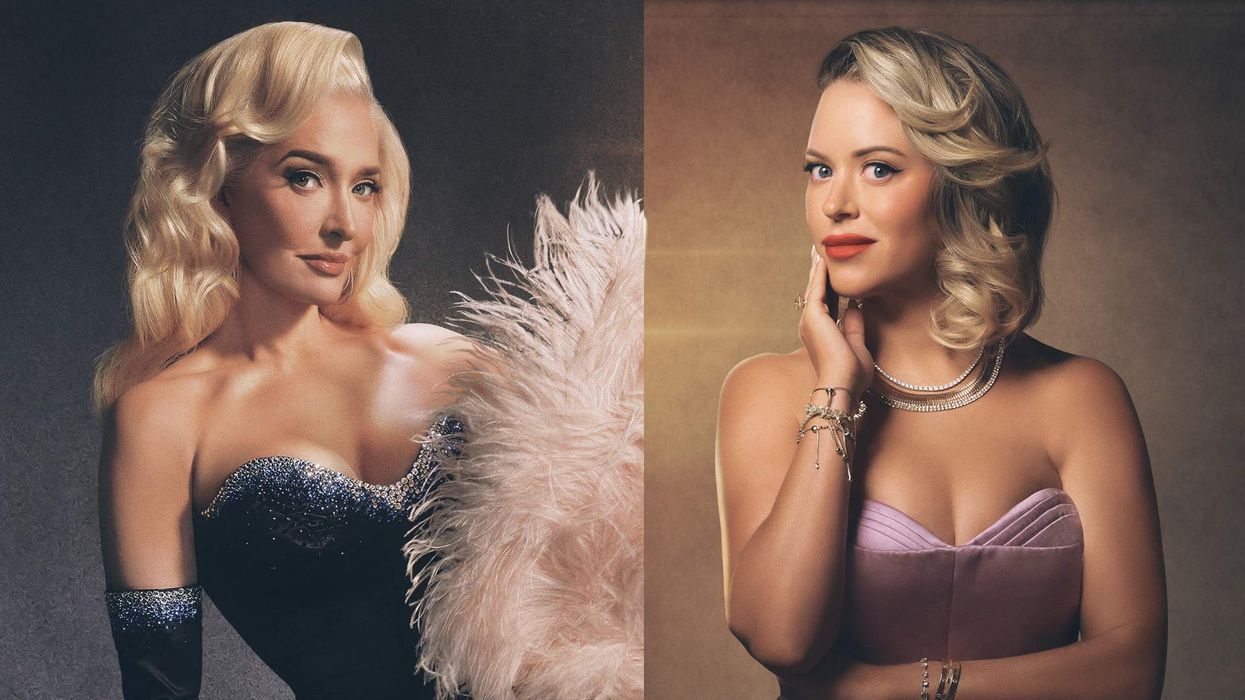As scholars, club kids, drag queens and muscle bears will all agree, nightlife is something special for queer people. Something sacred. If the shooting at Pulse in Orlando last year taught us anything, it's that clubs and parties can function as spiritually healing spaces for queer folks.
But that doesn't mean nightlife is queer utopia. Gay nightlife -- from weekly drag bingo nights to huge Sunday night house music parties filled with circuit boys to underground raves where fashion interns steal looks from broke queerdos for their bosses moodboards -- is a capitalist enterprise. While it may be a place for queer people to engage with their community, nightlife in and of itself is not community, and this conflation is something many young queer people seem to have a problem understanding.
Nightlife is predicated on alcohol sales. That sickening drag queen doing a mashup of your favorite Rihanna song and a Real Housewives rant is there to sell you booze as surely as the bartender. The experimental techno DJ, the club kid in the towering headpiece, the performance artist with a cross in her hoo-ha: they are all there to get you to buy a drink or pay the cover. And there's nothing wrong with that.
But the queers who see nightlife spaces as sacred community gatherings are often the ones who want to be on the list, who want drink tickets. Sure, they're often folks who are marginalized (queer people of color, trans folks), and to a certain extent nightlife should be made more accessible for maginalized queer people. Trans women of color, who have the most violence enacted against them while at the same time are often seen as the It Girls of many queer scenes, should be especially welcomed into nightlife spaces.
But the folks who are asking for a spot on the guest list or a free drink often don't think about the fact that the tickets and alcohol sales are what pay the artists getting them to the club in the first place. And as more producers are diversifying their lineups, that means this money is going into the hands of trans folks and queers of color. So while nightlife should be made more accessible to queers with less access to capital, not every party can offer NOTAFLOF (no one turned away for lack of funds) door policies if they want to pay their artists.
And at the end of the day -- or the end of the night -- a party is just a party. If you can't afford the cover, or can't afford the price of a few cocktails, just don't go. There are other places to commune with queers that aren't predicated on selling alcohol. Nightlife may be a safe haven for the gays, but it's still going to cost you.






























